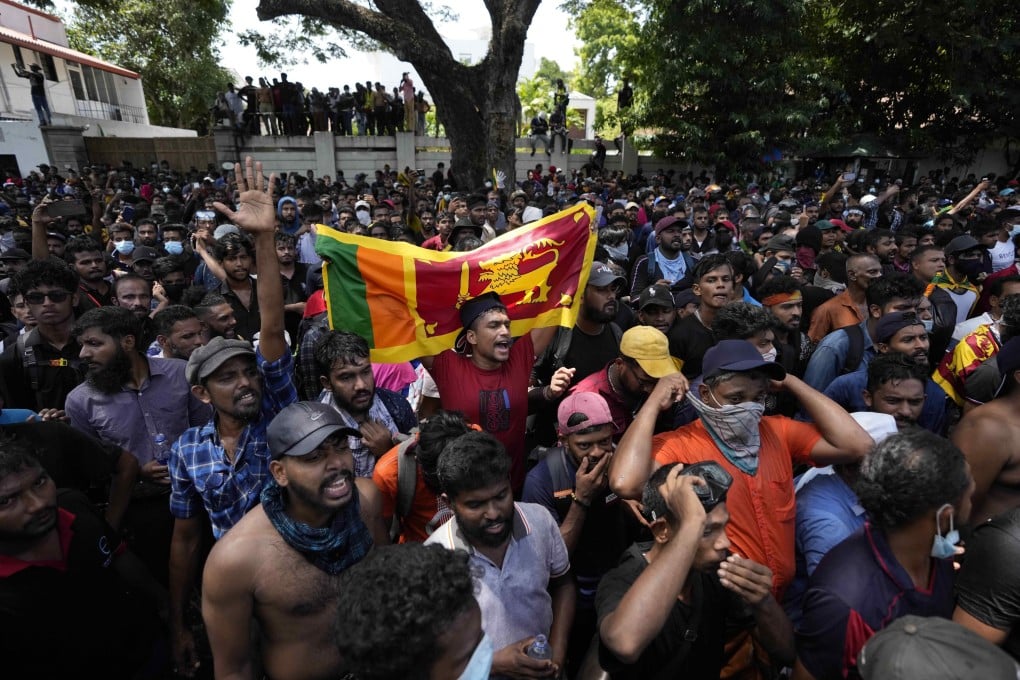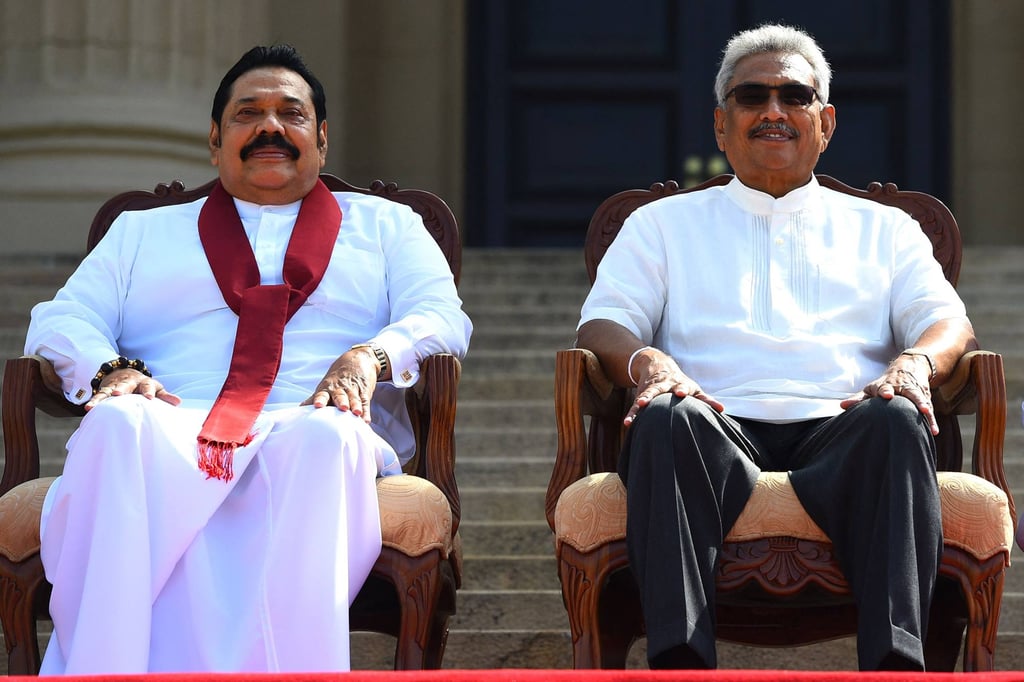Sri Lanka faces heat to hold ousted politicians to account after court ruling: ‘fight for economic justice not over’
- The largely symbolic ruling did not include any form of punishment for the defendants beyond an order to pay 150,000 Sri Lankan rupees (US$455)
- To hold the president and the other officials criminally responsible, criminal cases have to be filed and proof of criminal actions are required

The Sri Lankan Supreme Court’s decision this week to hold key figures from the country’s ousted regime, including the former president and his brothers, responsible for the country’s financial crisis, marked a pivotal moment in the nation’s pursuit of justice and economic recovery, but legal experts and activists say further action, including criminal proceedings, are still needed for the country to move forward.

However, since the case was filed in public interest, the largely symbolic ruling did not include any form of punishment for the defendants beyond an order to pay 150,000 Sri Lankan rupees (US$455) to the case’s petitioners, corruption watchdog Transparency International Sri Lanka and another four activists, to cover the cost of their legal fees.
Bhavani Fonseka, a lawyer and senior researcher at the Centre for Policy Alternatives in Sri Lanka, said the judgment was “very important” because it sent a message that there would be accountability at the highest levels for the disastrous decisions made by the former regime.
“This is an important step in addressing impunity and implicating the key actors involved, [who] continue to enjoy impunity in Sri Lanka,” she told This Week in Asia.
It was important to remember that the court was ruling on a fundamental rights application, not a criminal proceeding, Fonseka said. To hold the president and the other officials criminally responsible, further cases of criminal procedure would still need to be filed in court.
